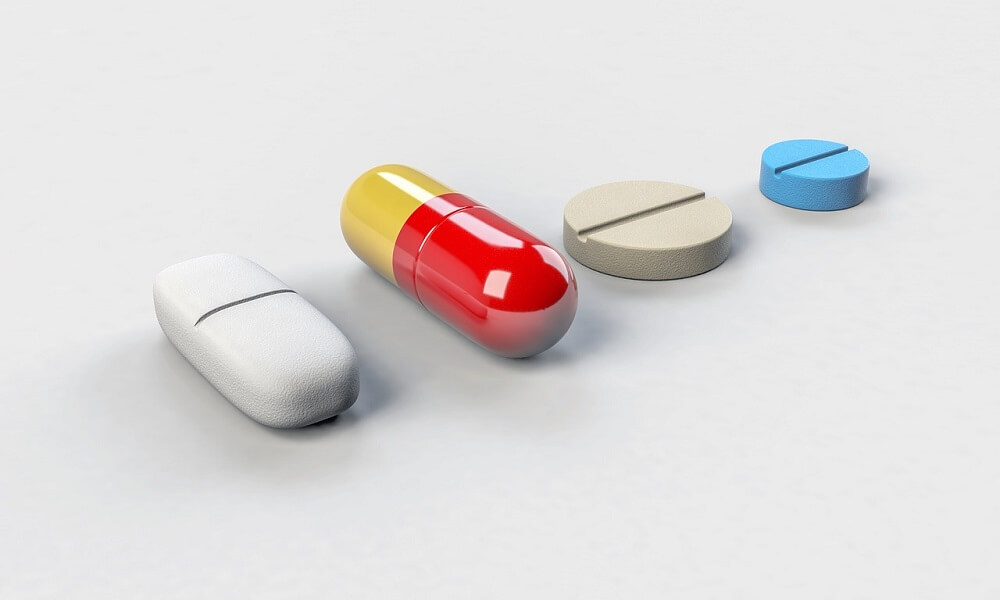Artificial Intelligence (AI) has revolutionized various industries, and healthcare is no exception. AI has the potential to transform the way we diagnose and treat diseases, making healthcare more accessible, efficient, and effective. In this article, we will explore the role of AI in modern medicine.
Diagnosis and Treatment

One of the most significant applications of AI in healthcare is in diagnosis and treatment. AI algorithms can analyze vast amounts of medical data, including patient records, lab tests, and imaging studies, to identify patterns and predict outcomes. This can help doctors make more accurate diagnoses and develop personalized treatment plans.
For example, IBM’s Watson for Oncology uses AI to analyze patient data and provide treatment recommendations for cancer patients. The system can consider factors such as the patient’s medical history, genetic profile, and current health status to provide personalized treatment plans.
Drug Discovery
AI can also play a role in drug discovery. Developing new drugs is a time-consuming and expensive process that often takes years or even decades. AI algorithms can analyze vast amounts of data to identify potential drug targets and predict how different compounds will interact with the body. This can help researchers develop new drugs more quickly and efficiently.
For example, Insilico Medicine, a company that specializes in AI-driven drug discovery, has developed an AI system that can predict the biological age of a patient based on their DNA. This can help identify potential drug targets for age-related diseases such as Alzheimer’s and cancer.
Virtual Assistants
AI-powered virtual assistants can also improve the patient experience by providing personalized care and support. Virtual assistants can answer patient questions, provide reminders about medication and appointments, and even offer emotional support. This can help patients feel more connected to their healthcare providers and improve their overall health outcomes.
For example, Buoy Health is an AI-powered virtual assistant that can help patients self-diagnose and triage their symptoms. The system uses natural language processing to ask patients questions about their symptoms and provide personalized recommendations for care.
Challenges and Limitations
Despite the potential benefits of AI in healthcare, there are also challenges and limitations to consider. One of the biggest challenges is data privacy and security. AI algorithms rely on vast amounts of data to make accurate predictions, but this data must be protected to ensure patient privacy and prevent data breaches.
Another challenge is the potential for bias in AI algorithms. If the data used to train the algorithm is biased, the algorithm may also be biased, leading to inaccurate predictions and treatment recommendations.
AI has the potential to transform modern medicine by improving diagnosis and treatment, accelerating drug discovery, and enhancing the patient experience. However, there are also challenges and limitations that must be addressed to ensure the safe and effective use of AI in healthcare. As AI continues to evolve, it is essential to balance the potential benefits with the risks and limitations to ensure that patients receive the best possible care.





